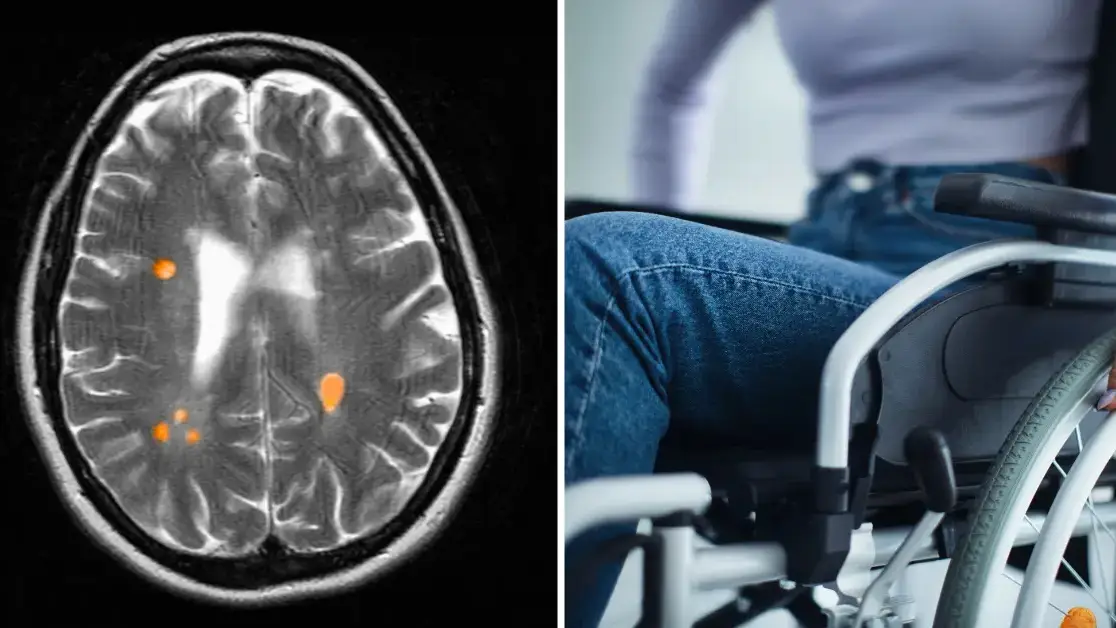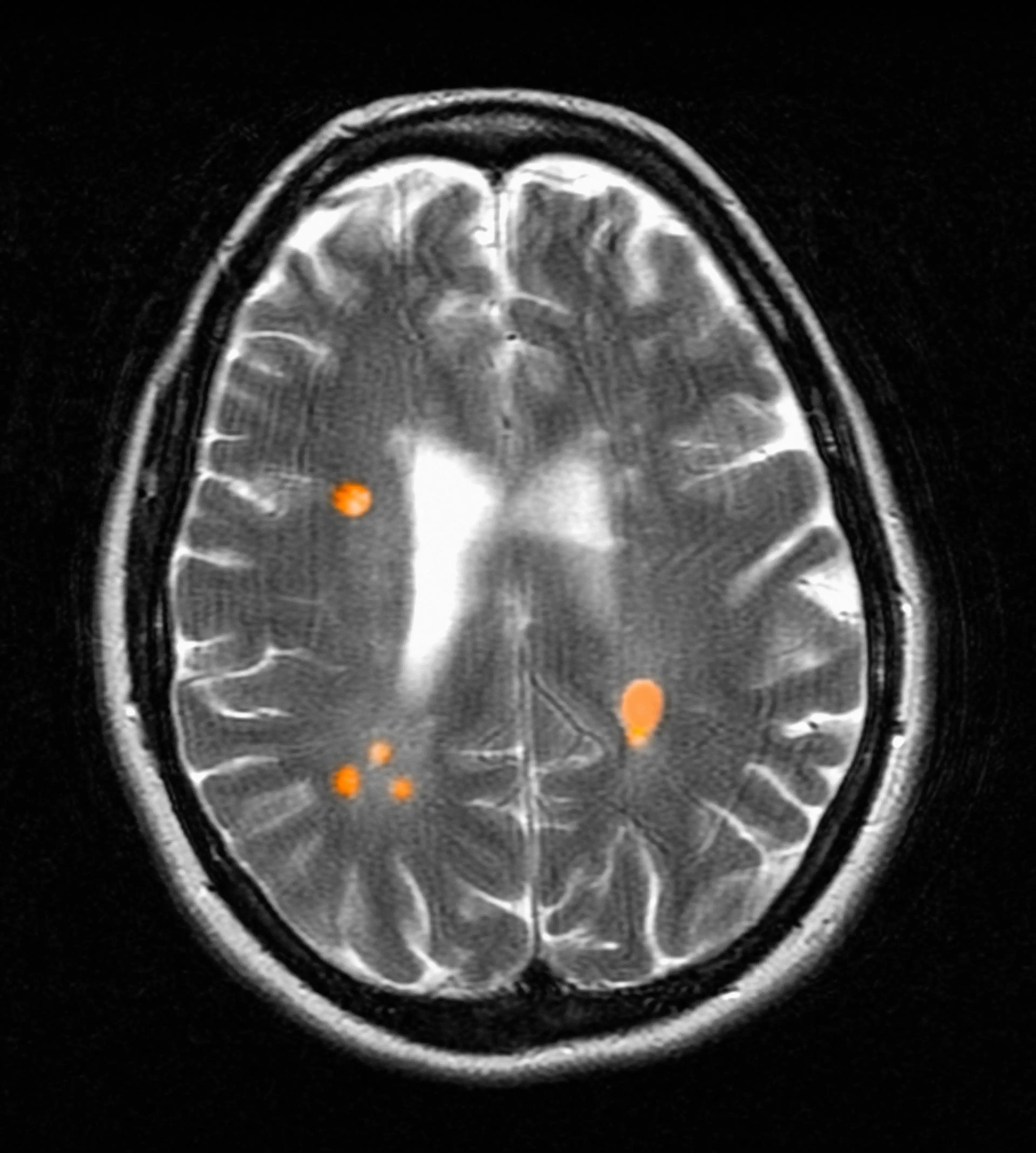
Scientists have discovered one particular lifestyle habit that could lead to multiple sclerosis (MS) later on in life.
As per the NHS, the condition of MS 'can affect the brain and spinal cord, causing a wide range of potential symptoms, including problems with vision, arm or leg movement, sensation or balance'.
It is around two to three times more likely to be found in women than men and patients usually receive a diagnosis in their 20s, 30s or 40s, but it can develop at any age.
And, according to a new study published in the Journal of Neurology Neurosurgery & Psychiatry on Tuesday (10 December), children who are 'genetically predisposed' to developing the autoimmune condition could have an increased risk due to a specific habit their parents are doing.
Advert

The researchers found that exposure to cigarette smoke in the family home could raise the risk, with Dr. Rinze Frederik Neuteboom of Erasmus Medical Center in Rotterdam explaining: "A higher genetic MS risk is associated with an increased vulnerability to the negative effects of household smoking on brain development."
The study is based off data from a 'large database' tracking the health of Dutch children with genetic data collected for over 2,800 children, along with brain scans of more than 5,000 of the children between the ages of 9 and 13 which looked at brain volume and the 'microstructures' of the brain.
Out of the whole sample, around 4,000 children had data available on parental smoking exposure.
Out of this, 405 children were exposed to tobacco smoke in the parental household and 3,551 were not.
In the children who were exposed to parental smoke, the researchers could see associations considering total brain and thalamic volumes were a higher MS-genetic risk, which is associated with lower total brain and thalamic 'grey matter' volumes.
This shows that children who are subjected to parental smoke, who have higher genetic burden for MS, show lower brain volumes compared to children who are not exposed to tobacco smoke.

"These are also two brain matter volumes that are decreased in MS patients," the researchers added.
They deduced from these findings that there was a correlative relationship between a child's genetic predisposition to MS, their exposure to a parents' smoking and brain changes seen on the scans.
The researchers added: "Our findings hint at a process in childhood between genetic MS risk and parental household smoking that affects brain volumes and this could possibly predispose to MS later in life.
"The increased brain vulnerability to the effects of parental smoking may increase exposure of [central nervous system] antigens to the developing immune system, increasing the risk of a brain specific autoimmune disease [such as MS]."
The study concluded: "Genetic and environmental risk factors for MS interact to influence brain volumes in childhood, suggesting a potential window for preventing MS in genetically susceptible individuals by reducing exposure to household smoking."